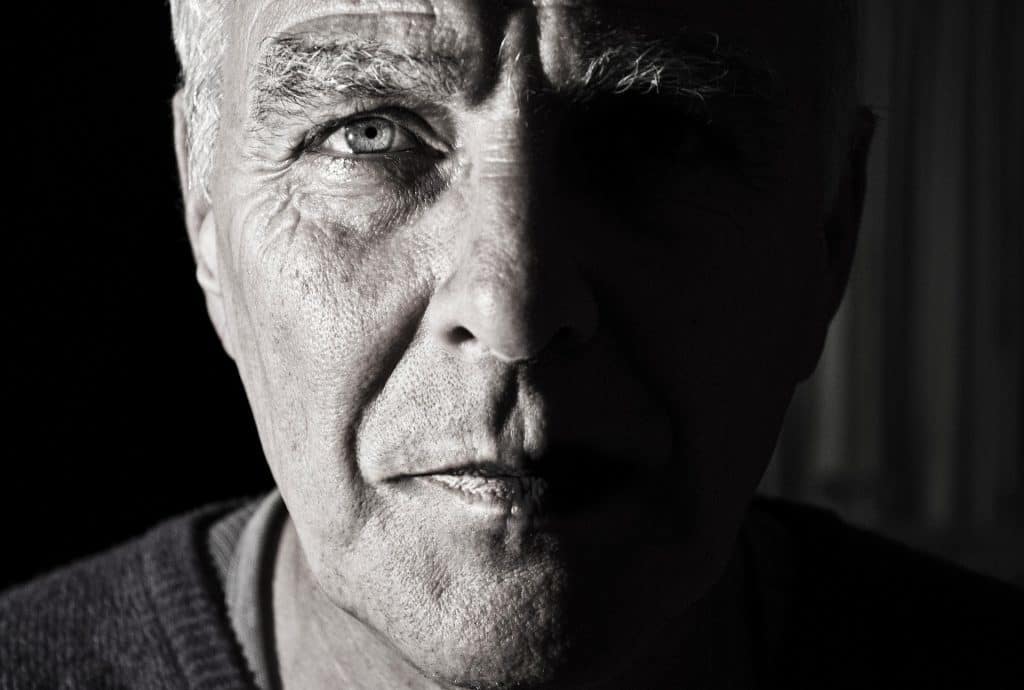Your personality is not fixed you are in the process of becoming who you are
As a psychotherapist I learned and have told my clients that their personality is not fixed and that they are in a process of becoming who they are in every moment.
On the BBC Radio 4 program “All in the Mind” Professor Brent W. Roberts of the University of Illinois Department of Psychology spoke about his research paper “A Systematic Review of Personality Train Change Through Intervention”.
From the Abstract
Interventions were associated with marked changes in personality train measures over an average time of 24 weeks.
Emotional stability was the primary trait domain showing changes as a result of therapy, followed by extraversion.
The type of therapy employed was not strongly associated with the amount of change in personality traits.
Patients presenting with anxiety disorders changed the most, and patients being treated for substance use changed the least.
Attachment to who we believe we are is not helpful
The results of this study agree with my beliefs that we are all in a process of becoming who we are, and actually, an attachment to who we believe we are can be detrimental to just accepting ourselves.
The type of therapy is not important it is the relationship that matters
The specific type or approach of the counselling or psychotherapy is not important in helping the client, the therapeutic relationship is most important.



 Clinical trials of psychotherapy using mindfulness with anti-depressants have shown that therapy using mindfulness on its own produces better results.
Clinical trials of psychotherapy using mindfulness with anti-depressants have shown that therapy using mindfulness on its own produces better results.